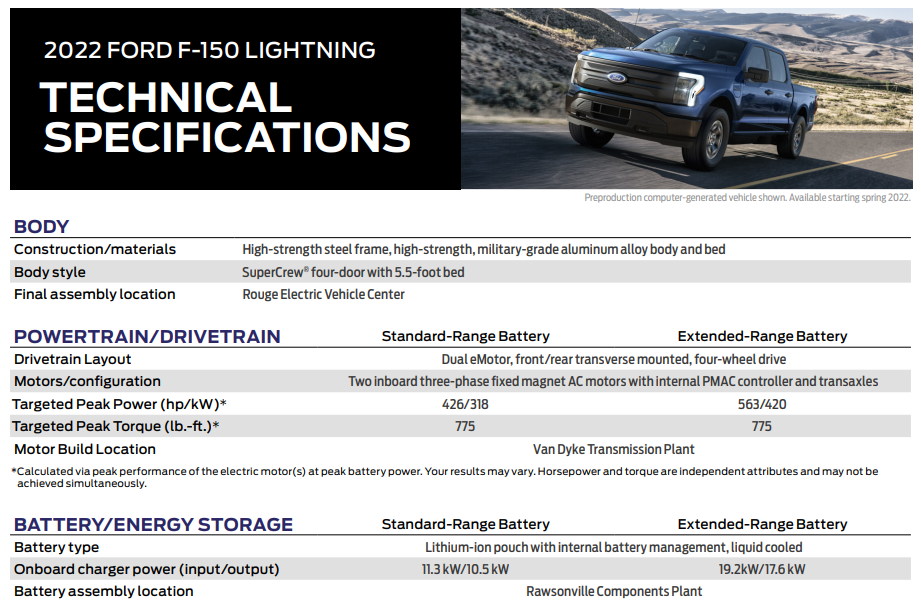Bilsch
Well-Known Member
- Joined
- May 4, 2015
- Messages
- 1,754
- Reaction score
- 1,609
The home amperage issue isn't that the home's electric panel couldn't be expanded, it is that the street feed doesn't have the capacity to provide the additional amperage to the house. Expensive, you bet. Replacing the entire electric grid to increase the capacity to what is needed, is going to be very expensive. It's hard enough to get electric companies to replace a damaged pole unless it comes all the way down. Try getting them to rip out all the poles and put in new ones with larger gauge wires. Copper is pretty expensive these days. Or more expensive, new infrastructure underground. The cities and towns won't want to re-pave all their roads either. They all know this has been coming since the 70s and still haven't made any effort to upgrade the grid. So it is not likely they will be in any hurry to fix it now either. You won't find it in the sales literature either that you are out of luck if it turns out your house and the local grid can't support the new fancy electric car you bought. It isn't a qualifying issue to return the car.
Except that most of the time EV's are charged at night when other loads in the house are minimal. This is also the case for the grid which is designed to handle peak usage times which means there is plenty of excess capacity for nightly car charging. I encourage you to look up a duck curve. Anyway this is also beneficial for the power companies enabling them to even out the load from peak to off peak times to keep base load operating longer which is more efficient. Basically there is a lot of free energy to be had/saved by making the grid and generation capacity more balanced by using TOU and EV charging. We have a long way to go before anyone needs to do anything to change a house service or tear up the street etc.
Last edited:

















































![Craft A Brew - Safale S-04 Dry Yeast - Fermentis - English Ale Dry Yeast - For English and American Ales and Hard Apple Ciders - Ingredients for Home Brewing - Beer Making Supplies - [1 Pack]](https://m.media-amazon.com/images/I/41fVGNh6JfL._SL500_.jpg)











